Data-Driven Response and Recovery Strategies for COVID-19
Over the coming weeks, months and years, policymakers will need to make vital decisions to limit the long-term consequences of the COVID-19 pandemic. New methods of data analysis can help policymakers identify vulnerable workers and businesses in need of immediate aid, as well as understand and adapt to new standards of workplace operations and consumer behavior. Over the next year, the Block Center will partner with local, state, and federal policymakers, the nonprofit sector, companies, and other universities to leverage new data-driven tools and insights to help safely, effectively and equitably support recovery efforts.
Beginning with our work supporting Governor Wolf and the Commonwealth of Pennsylvania, we have created an interdisciplinary team of data and management scientists, policy analysts, and former state administration officials to help state and local governments:
- Link high frequency, administrative datasets to drive economic and health decisionmaking;
- Analyze changing supply and demand trends to equitably and efficiently allocate medical supplies and services;
- Build digital platforms to support moderate- and long-term economic monitoring throughout the recovery.
Science and Technology Policy for Long-term Economic Recovery
The economic consequences of the COVID-19 pandemic will not be short-lived. Through the application of sound science and technology strategies, policymakers can not only boost post-pandemic economic recovery, but also support long-term plans for innovation and growth. In our white paper, we outline strategies for investment in long-term solutions to supply chain problems, workforce restructuring, and other key areas of growth.
Our Partners
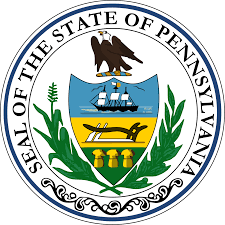 State of Pennsylvania
State of Pennsylvania
We are providing policymakers with real-time, data-driven insights to inform a safe reopening timeline.
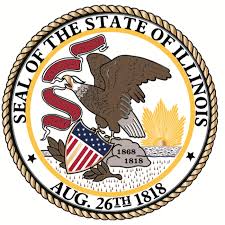 State of Illinois
State of Illinois
We are evaluating the economic impact of closing and reopening decisions, particularly for Illinois’s most vulnerable populations.
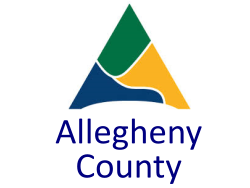 Allegheny County
Allegheny County
We are monitoring the countywide health and economic dynamics of the COVID-19 pandemic in real-time through a strategic assessment of public, private and administrative high-frequency data sources.
 PNC Bank
PNC Bank
We have formed a data partnership with PNC to evaluate the real-time financial health of families and small businesses in southwestern Pennsylvania, capture the full breadth of the COVID-19 economic crisis, and determine how opening, closing and other policy decisions are impacting the local economy.
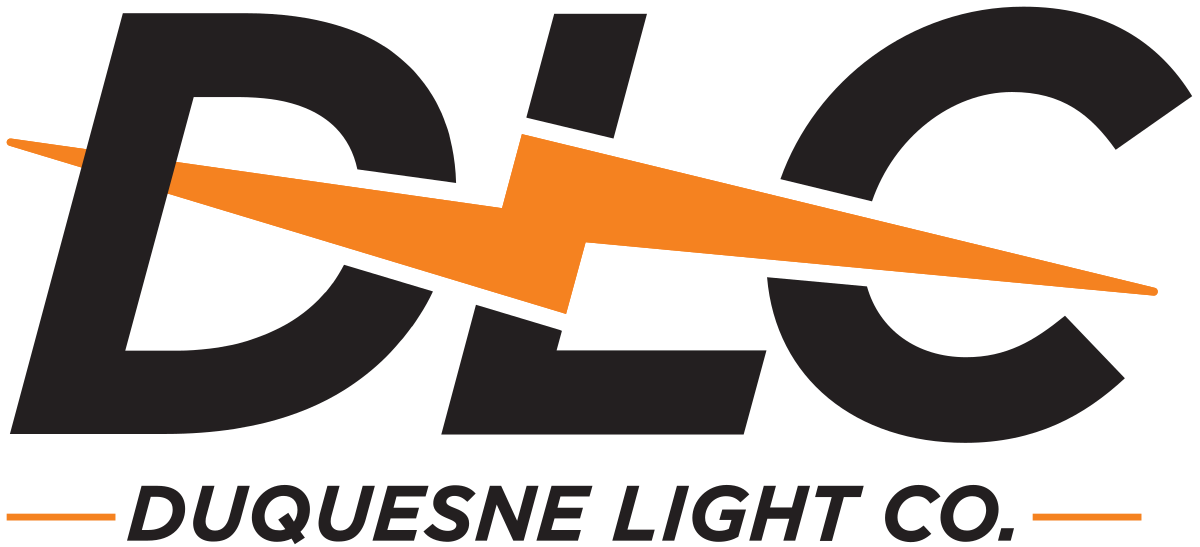 Duquesne Light
Duquesne Light
We are analyzing local utility data in conjunction with the Duquesne Light Company to identify leading indicators of economic distress that are not captured by traditional public data sources.
 UNITE Here
UNITE Here
We are collaborating with UNITE Here, the nation’s largest hospitality sector union, to develop a technology policy agenda that serves the needs of both hospitality workers and businesses in a post-COVID-19 world.
 Catalyst Connections
Catalyst Connections
We are partnering with Catalyst Connections, the Manufacturing Extension Partnership of Western Pennsylvania, to identify critical shortages in the region’s PPE supply chains and pinpoint non-traditional local manufacturers able to pivot to help fill shortage needs.
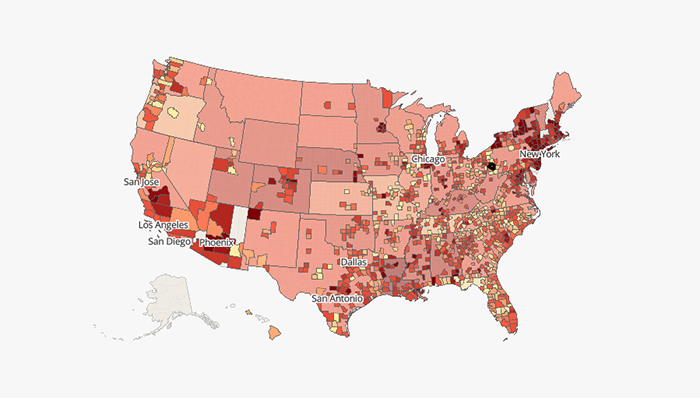
Real-time COVID-19 Indicators
Carnegie Mellon University's COVIDcast - showcases five interactive maps displaying real-time information on symptoms, doctor visits, medical tests and browser searches related to COVID-19 in the United States, including estimated disease activity at the county level.
The maps on CMU's COVIDcast website include data developed with the help of partners including Google, Facebook, Quidel Corp. and a national health system. The data, which is updated daily, will provide the general public and decision makers with a new and unique means of monitoring the ebb and flow of the disease across the country.
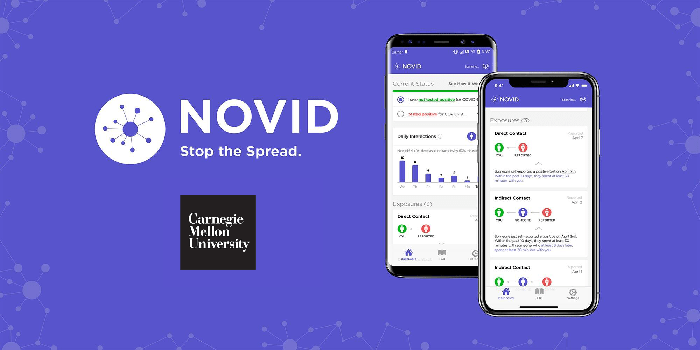
Stopping the Spread of COVID-19
A team of designers, mathematicians, computer scientists and physicists led by Carnegie Mellon University Professor Po-Shen Loh, has developed an innovative new contact tracing app that uses ultrasound technology to more accurately follow people's exposure to COVID-19 than other apps that use Bluetooth alone.
NOVID is the first major anonymous contact tracing app to use ultrasound technology to accurately gauge the distance between people. Many of the current apps use only Bluetooth radio waves to measure the signal strength between devices.
Anonymously and reliably trace your exposure to COVID-19 to keep yourself and others healthy.